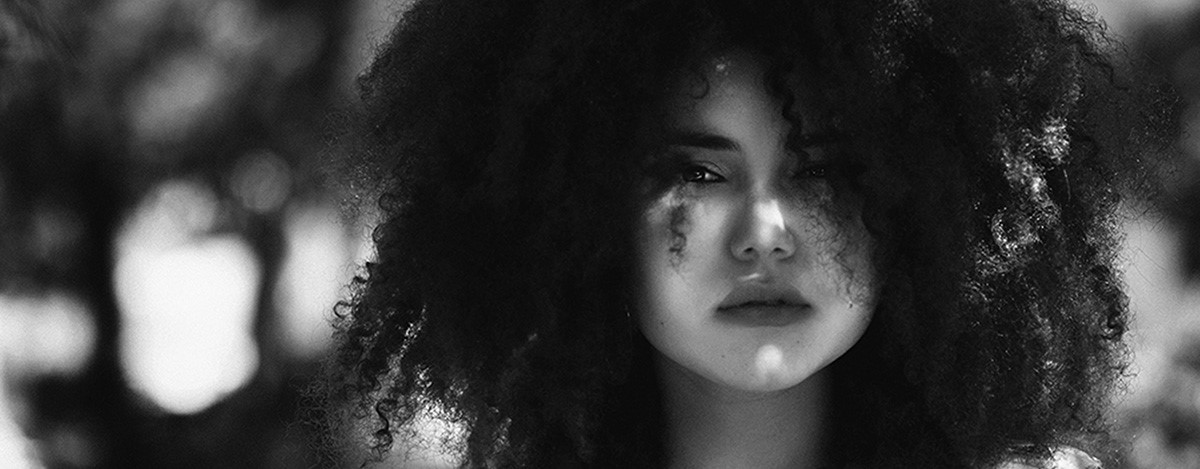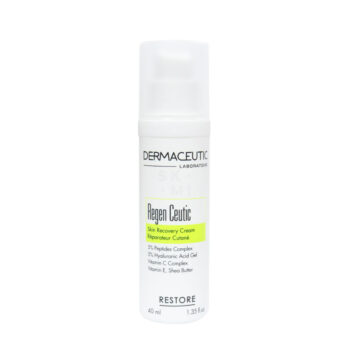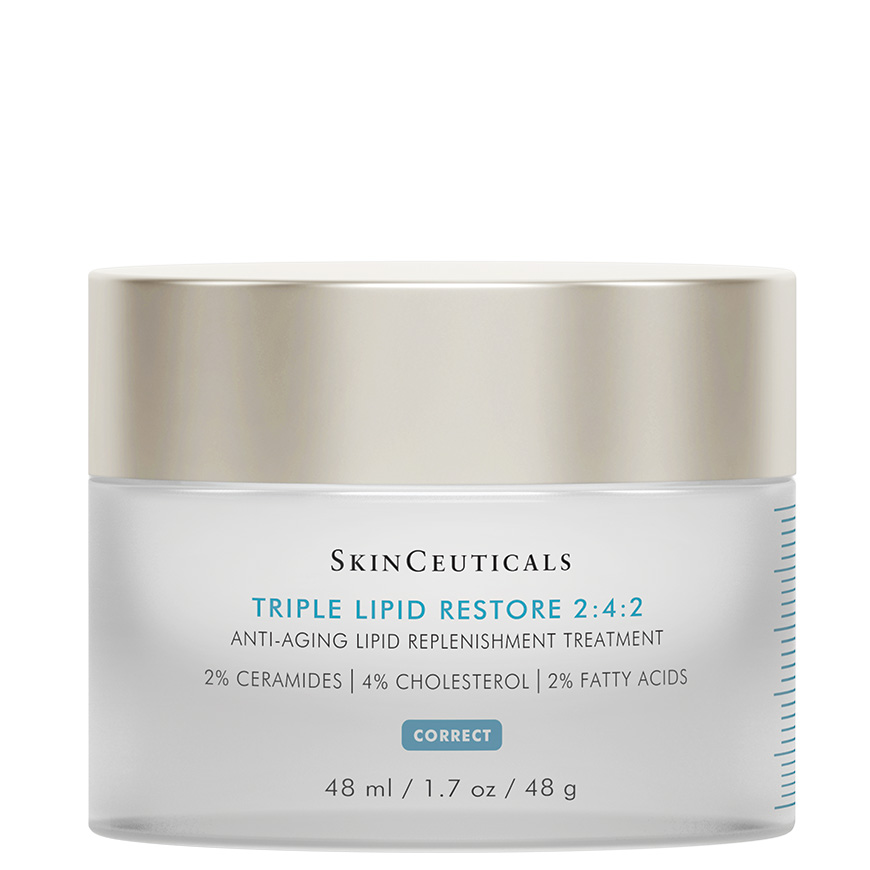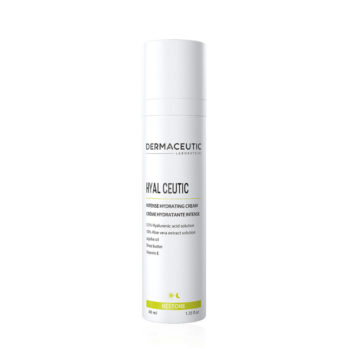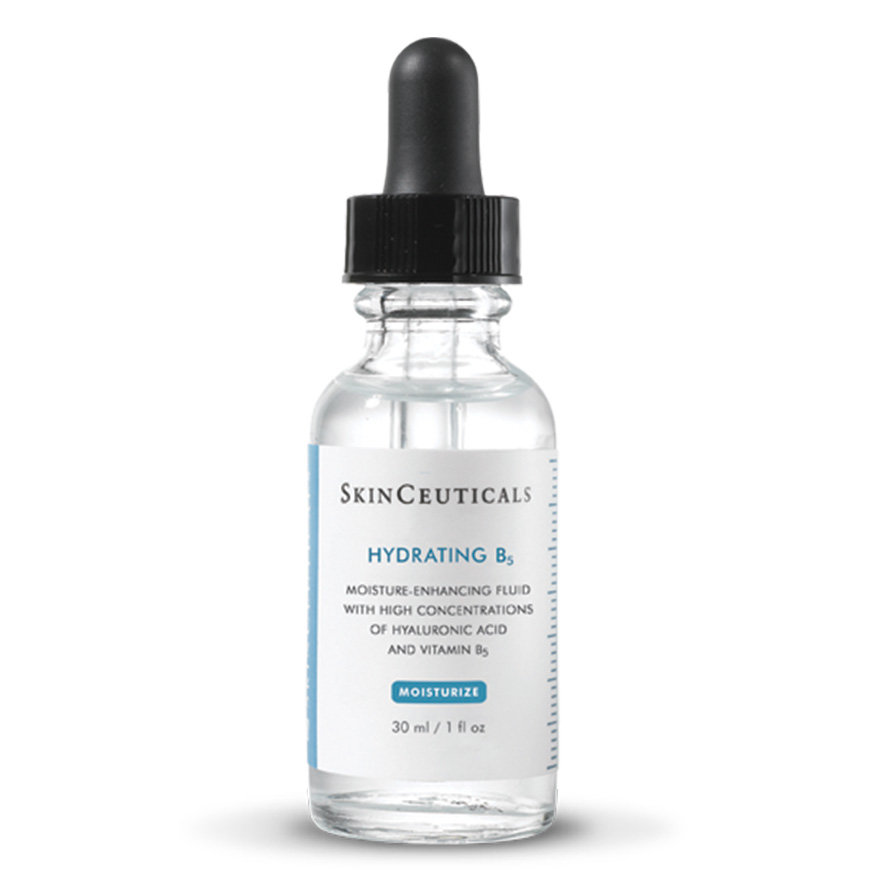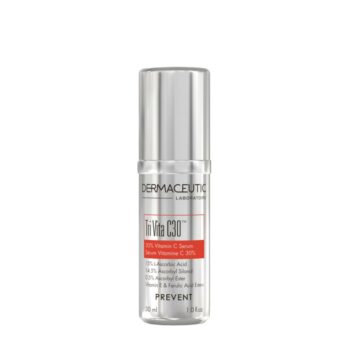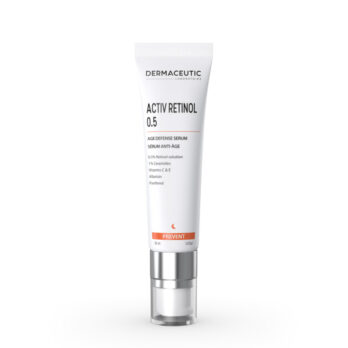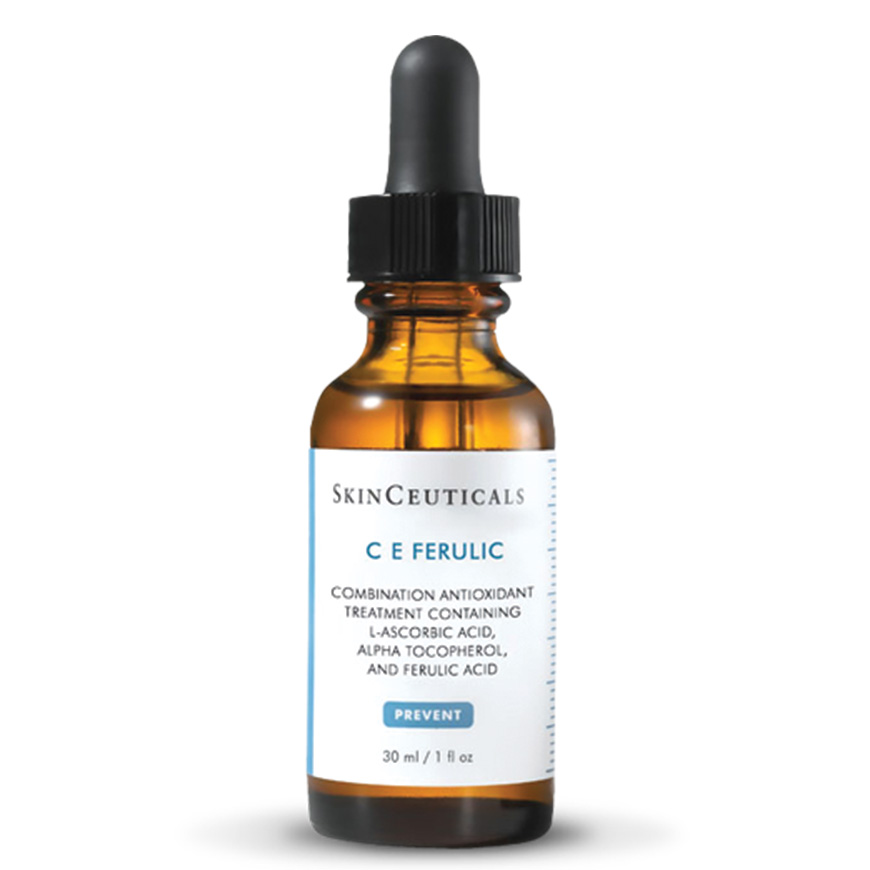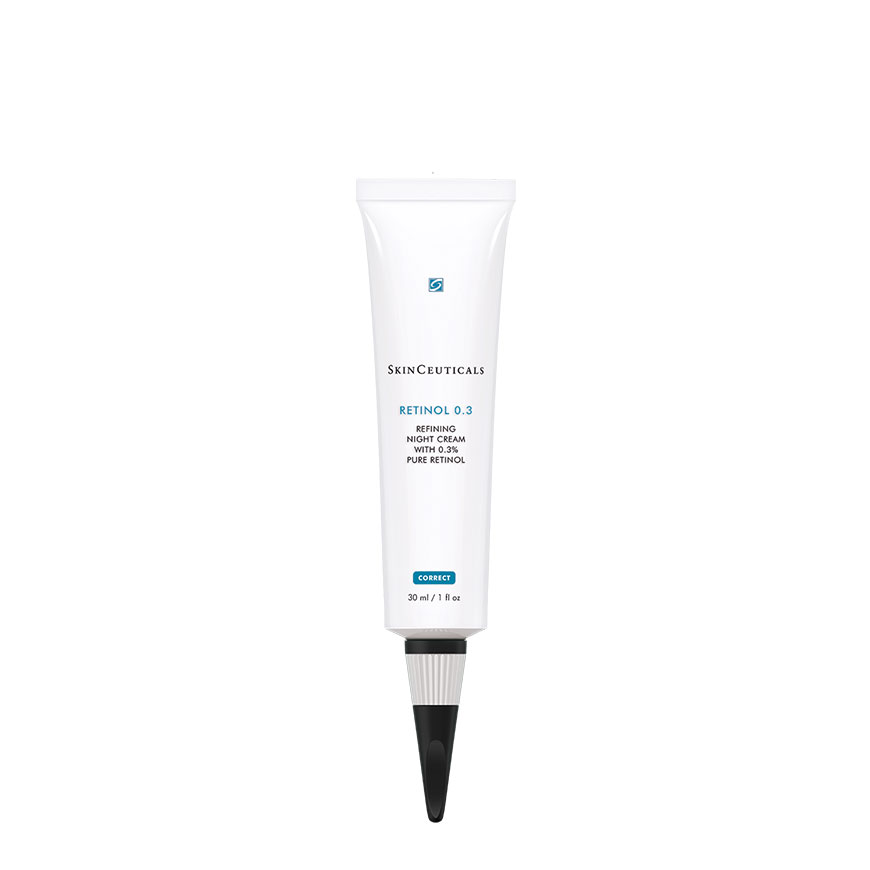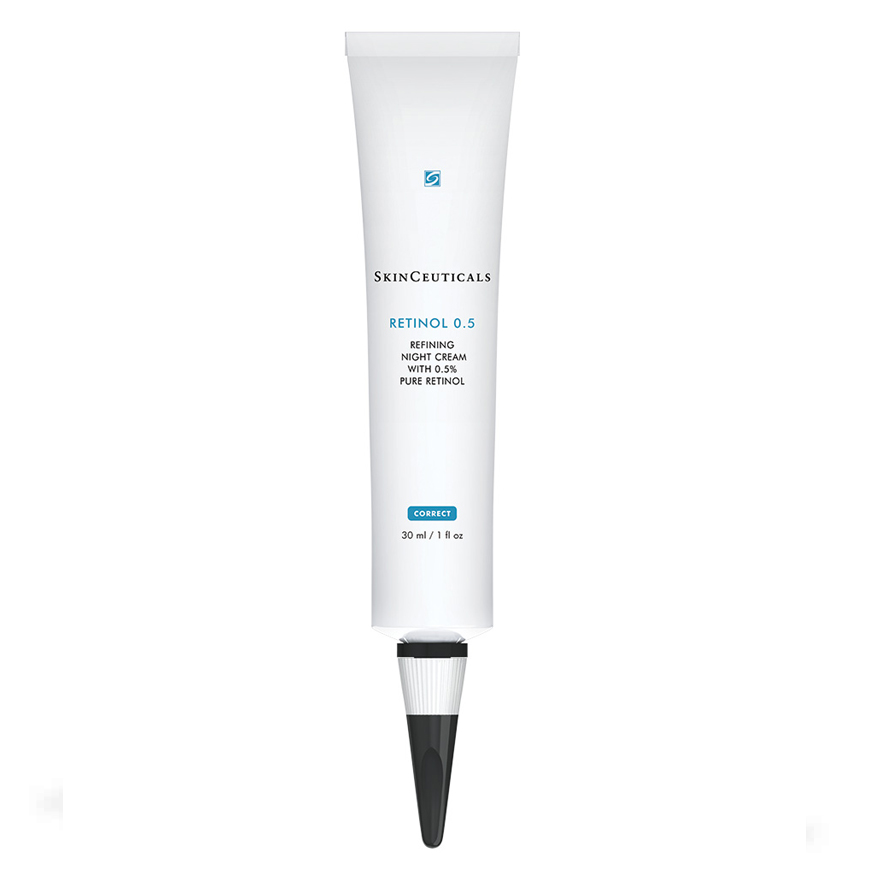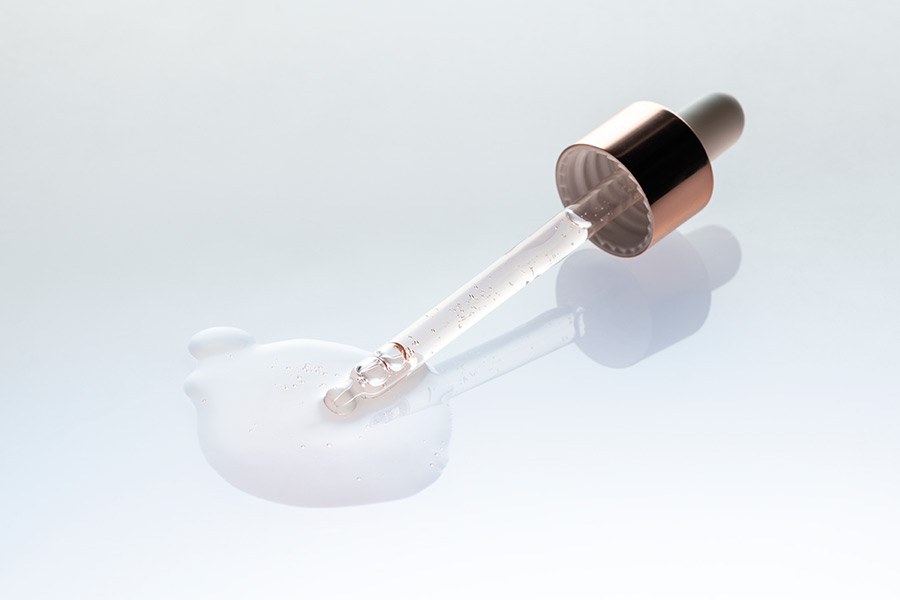During the winter months our skin’s requirements can change especially when it comes to moisturisation, so I thought it would be a great idea to guide you in how to choose the best moisturiser for your skin during these colder months. Often the skin regime we use during the warmer months of the year fails to lock in much needed water and moisture in the skin during the colder harsher wintry months. There are numerous reasons for this and thankfully we have several great options to help our skin feel rejuvenated, supple, and moist.
Why does my skin feel dryer in winter?
The skin tends to feel dryer during winter months due to certain climate changes that have a direct effect on the skin:
- Chilly air is dryer and contains less humidity: this naturally ‘sucks’ our moisture from the skin
- Indoor heating: most heaters and even air conditioners produce dry heat which further sucks moisture from the skin
- Long hot showers and baths: these tend to strip the skin of its natural lipids which increases skin permeability and water loss
- Winter is also associated with windy or stormy weather which further increases water loss from the skin
My recommendation when looking for the best moisturiser is to choose a product that contains specific ingredients that will provide a much richer feel and texture on the skin surface. So, the lighter moisturisers we used in the summer will need replacing for the coming winter. Skin can appear dull during this season as the wintry weather, coupled with indoor-heating sap skin of luminosity and moisture. Full hydration of the skin will help avoid this issue once winter arrives and one can even add serums rich in hyaluronic acid to further boost the water absorption capabilities of the skin.
What ingredients should I look out for?
Moisturisers:
When we need to treat dry or dehydrated skin it is important for us to look at ingredients that replenish, rehydrate and repair the skin barrier. My main go to ingredients to look out for are: Emollients, Skin-Replacing Ingredients (or Humectants) and antioxidants.
Emollients can prevent skin water loss and they also provide a luxurious softening effect to the skin.
“Emollients can have a thick or a thin consistency so do not judge how well a moisturiser will work simply on its consistency.”
Examples include: non-fragrant plant oils along with shea butter, cocoa butter, fatty acids, borage oil, linoleic acid, oleic acid, coconut oil, evening primrose oil, sunflower oil, and mango butter.
Skin-Replacing Ingredients help to repair and replace much needed moisturisation to our skins.
Furthermore, they can increase the water holding capacity of the stratum corneum or the most outer layer of the skin.
Examples include: hyaluronic acid, ceramides, sodium PCA, glycerine, glycerol, silicones, petrolatum, salicylic acid, and alpha hydroxy acids.
Dr Alek’s Best Moisturiser Picks:
Dr Alek’s Dry Skin Tip:
“To boost the effectiveness of emollients add a hyaluronic acid serum to your regime. Hyaluronic acid will not only hold onto water molecules, but it will also help to replenish and repair the skin barrier.”
Dr Alek’s Hyaluronic Acid Picks:
Antioxidants:
Antioxidants are a group of ingredients that reduce free-radical environmental damage. One of the main causes of dry skin is seen when the outer skin barrier loses its ability to maintain normal moisture levels. Antioxidants have been shown to help prevent the free radicle damage effects on the skin barrier caused by environmental free radicles and pollution. Examples include Vitamin A (retinol or Granactive retinol), Vitamin C (ascorbic acid or lipid soluble Vitamin C such as BVOSC), Resveratrol, and Vitamin E.
DERMACEUTIC Activ Retinol 0.5
Original price was: R1,405.00.R1,205.00Current price is: R1,205.00.OR
So, in summary during the winter months our “best moisturiser” is actually, a combination of products that contain emollients, humectants, and antioxidants.
Kind regards
Dr Alek Nikolic



